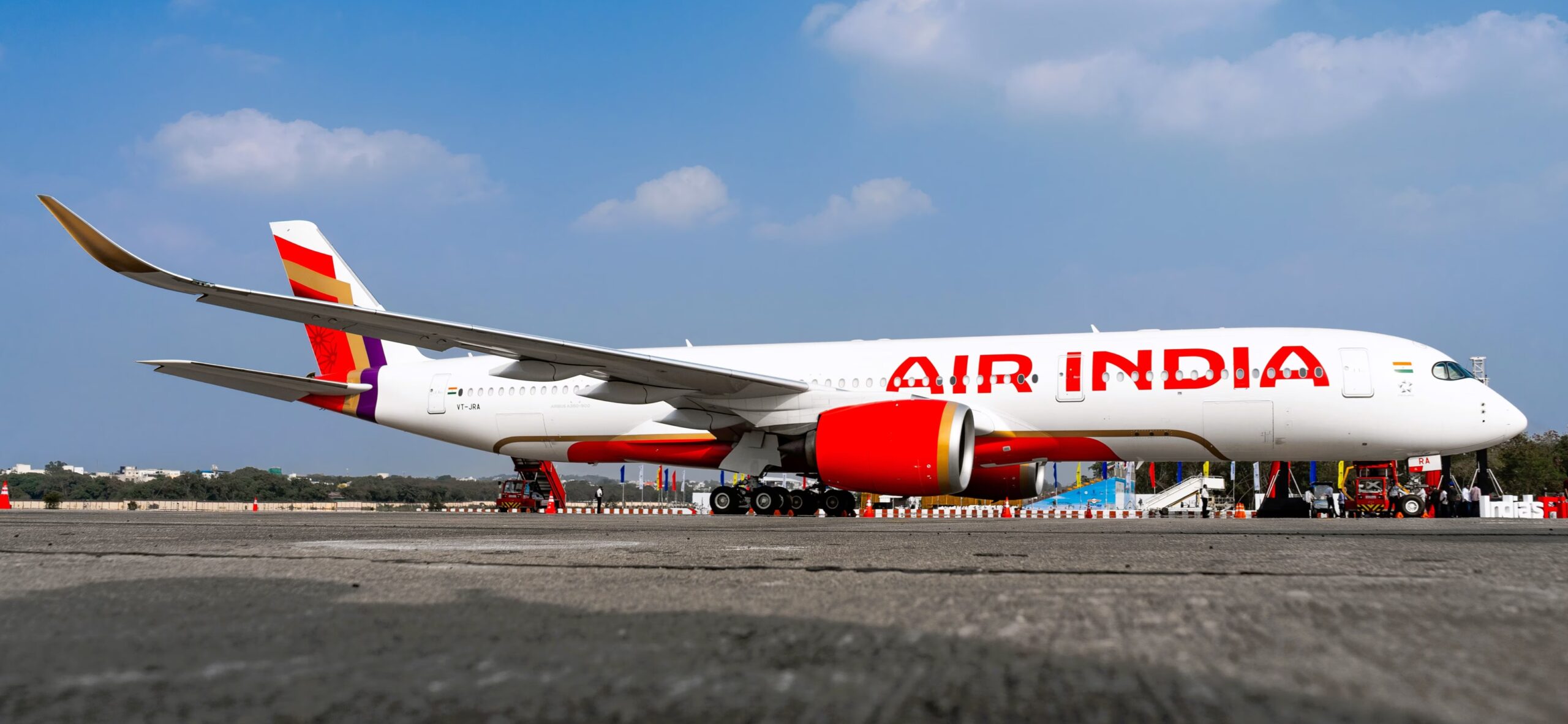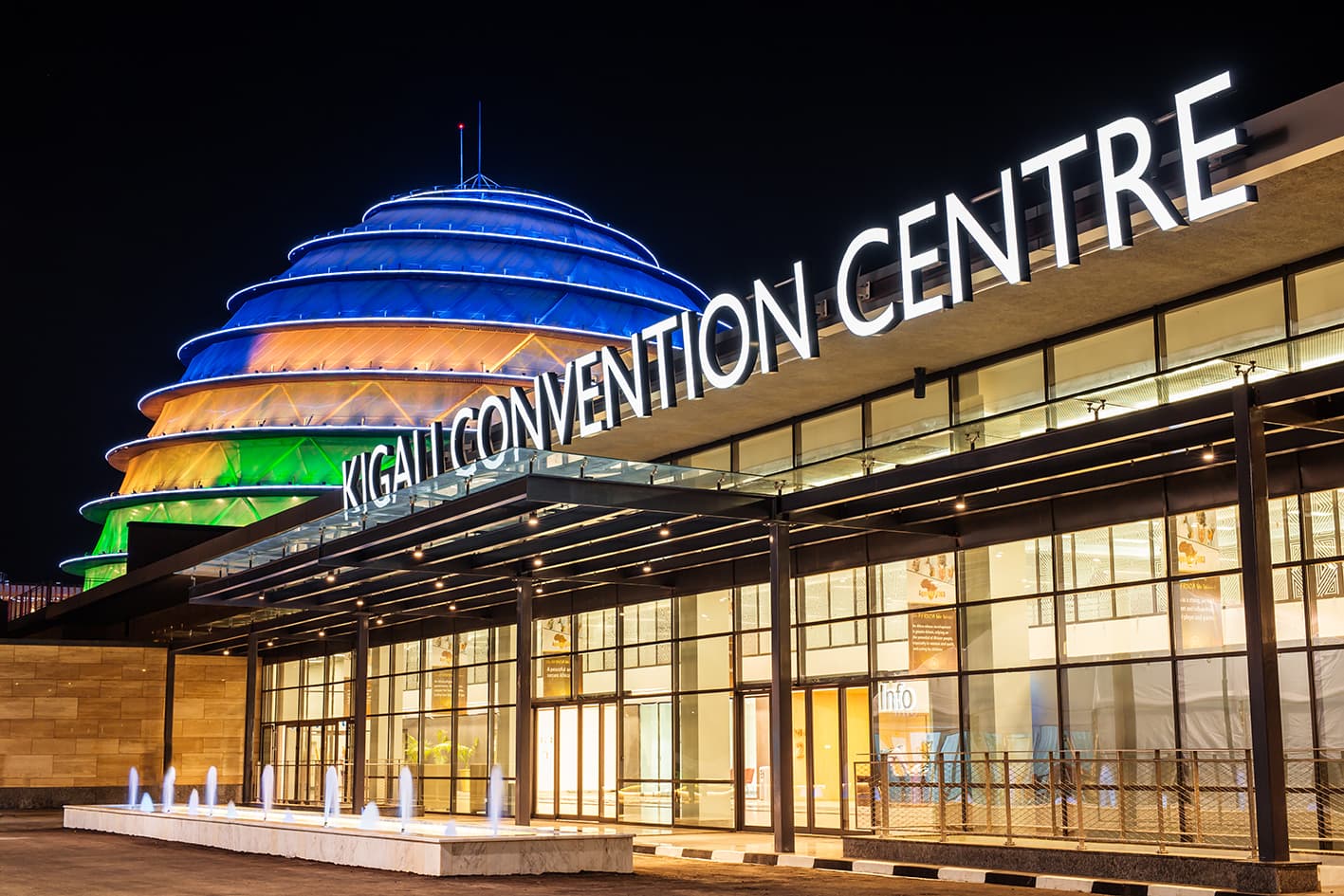The tourism industry has always been about connecting people to places, experiences, and memories. But 2025 marks a watershed moment where artificial intelligence is fundamentally reshaping how we explore the world from Chatbot to blockchain technology, and the implications stretch far beyond simple automation.
Whilst the industry has been fixated on chatbots and virtual assistants, the genuine transformation lies in AI’s ability to predict, personalise, and preempt. Hotels and airlines will invest massively in data science and deep learning algorithms to make better occupancy predictions, but this is merely the surface of a much deeper shift.
Consider the Dorchester Collection’s deployment of their AI platform Metis, which processes and analyzes customer feedback surveys, customer reviews, and online polls to determine guest preferences before they even articulate them. This isn’t just data analysis, it’s hospitality clairvoyance.
The global rollout of AI in tourism reveals fascinating regional patterns. In Asia, particularly Southeast Asia, governments are treating AI as a strategic tourism asset. The region’s approach focuses on quality over quantity, using AI to enhance destination experiences rather than simply drive visitor numbers.
Dubai’s Atlantis resort exemplifies the Middle Eastern approach, using VR to attract more visitors whilst simultaneously leveraging blockchain technology alongside AI to revolutionise payment systems and loyalty programmes. This integrated approach sets a benchmark for destinations seeking to position themselves as technologically advanced tourism hubs.
Meanwhile, European hotels are taking a more measured approach, focusing on operational efficiency and guest satisfaction rather than technological spectacle. The emphasis remains on using AI to enhance rather than replace human interaction—a distinctly European sensibility that prioritises service quality over digital innovation for its own sake.
Where AI Enhances Rather Than Replaces
The most successful AI implementations in tourism are those that amplify human capabilities rather than substitute them. AI could help provide hotel staff real-time recommendations on upselling opportunities or personalizing guest preferences, enabling them to deliver a superior customer experience. This collaborative model represents the industry’s maturation beyond the initial fear that AI would eliminate jobs.
Gate agents armed with AI systems that dynamically assess seating configurations or manage passenger flows don’t become obsolete, they become superhuman. The technology transforms them from reactive problem-solvers to proactive experience architects. Perhaps most significantly, AI is becoming the tourism industry’s environmental conscience. Predictive algorithms optimise everything from hotel energy consumption to flight routing, reducing the sector’s carbon footprint whilst maintaining profitability. This isn’t corporate greenwashing—it’s AI-driven sustainability that makes financial sense.
The technology’s ability to analyse vast datasets enables destinations to manage tourist flows more effectively, preventing overtourism whilst maximising economic benefits. AI becomes the invisible hand that guides sustainable tourism development.
The Personalisation Paradox
We’re witnessing an intriguing paradox as AI becomes more sophisticated, travel experiences become more personalised yet more predictable. Imagine a family planning a vacation. They tell an online travel booker’s chatbot when and where they would like to go, along with their preferred transportation, lodging, activities, and budget. Instantly, they receive a complete itinerary, cost, booking links, and videos of the destination. This efficiency is remarkable, but it raises questions about serendipity and discovery, the happy accidents that often define our most memorable travel experiences. The challenge for the industry is ensuring AI enhances rather than constrains the potential for unexpected encounters.
The rapid adoption of AI in tourism isn’t without its complications. Travellers are increasingly comfortable with AI-powered recommendations, but they remain wary of algorithmic decision-making when things go wrong. The industry must navigate the delicate balance between technological capability and human accountability.
When an AI system recommends a restaurant that disappoints or a route that leads to delays, who bears responsibility? The technology is only as trustworthy as the humans who design and deploy it, and the tourism industry is still learning this lesson.
The Next Frontier
As we progress through 2025, the tourism industry’s relationship with AI will mature beyond the current fascination with efficiency gains. The next frontier lies in AI’s ability to create entirely new forms of travel experiences, virtual reality destination previews, AI-generated personalised cultural narratives, and predictive travel health monitoring.
The industry’s success in embracing AI will ultimately be measured not by the sophistication of its algorithms, but by its ability to use technology to create more meaningful connections between people and places. The best AI in tourism will be invisible seamlessly enabling the human experiences that make travel transformative.
The rise of AI in tourism isn’t just about technological advancement; it’s about reimagining what it means to explore the world in an age where artificial intelligence can predict our desires before we fully understand them ourselves. The industry that emerges from this transformation will be more efficient, more sustainable, and more personalised than ever before. Whether it remains fundamentally human in its appeal will depend on how thoughtfully we integrate these powerful new tools into the age-old art of hospitality.



